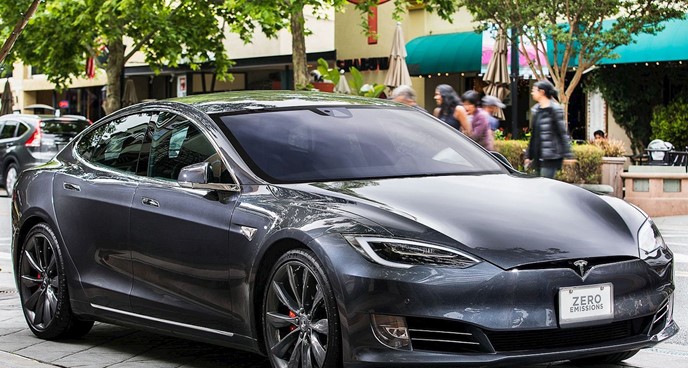If you have rented a room on Airbnb, gotten a ride from Uber, or rented office space from WeWork, you are already part of the sharing economy. Around the world, people are beginning to rethink their relationship to the things they own and the things they use. This shift to shared resources has the potential to significantly impact the economy, especially as it comes to the production and distribution of goods. In the years ahead, we may find that we own less and share more.
The shift from an ownership economy is well underway. However, in the future, it may become a significant disruptive force that causes industries to rethink how they do business. It also creates the potential for the development of many new companies explicitly designed for a new reality in which people are less likely to own the things they need.
For years, when we needed something, we would just buy it. Abundant natural resources and production efficiencies made products cheaper and more available to consumers. That led to garages, sheds, and storage units full of things that no one needs. Now we realize that it can be less expensive, more convenient, and better for the planet to share. Whether it is a vacation home, a car, office space, or even power tools and other specialized equipment, more consumers are ready to use shared goods instead of buying their own.
The backbone of the sharing economy is the internet. Before we had such a fast and efficient way to share information, it was challenging to connect lenders and borrowers. Just like eBay created a platform for anyone to become a seller to buyers around the world, new platforms for shared items will continue to connect lenders and borrowers.
The future of the sharing economy is still in development. Questions remain as to who will lead. Will manufacturers learn and adjust to create, market, and sell more shareable products? In the future, will Tesla market cars to those who only want to use one for a short time. Or will the future belong to companies like Lyft that don’t own cars and just facilitate connections? Or will consumers find ways to bypass the companies altogether and use the internet to share on their own?







